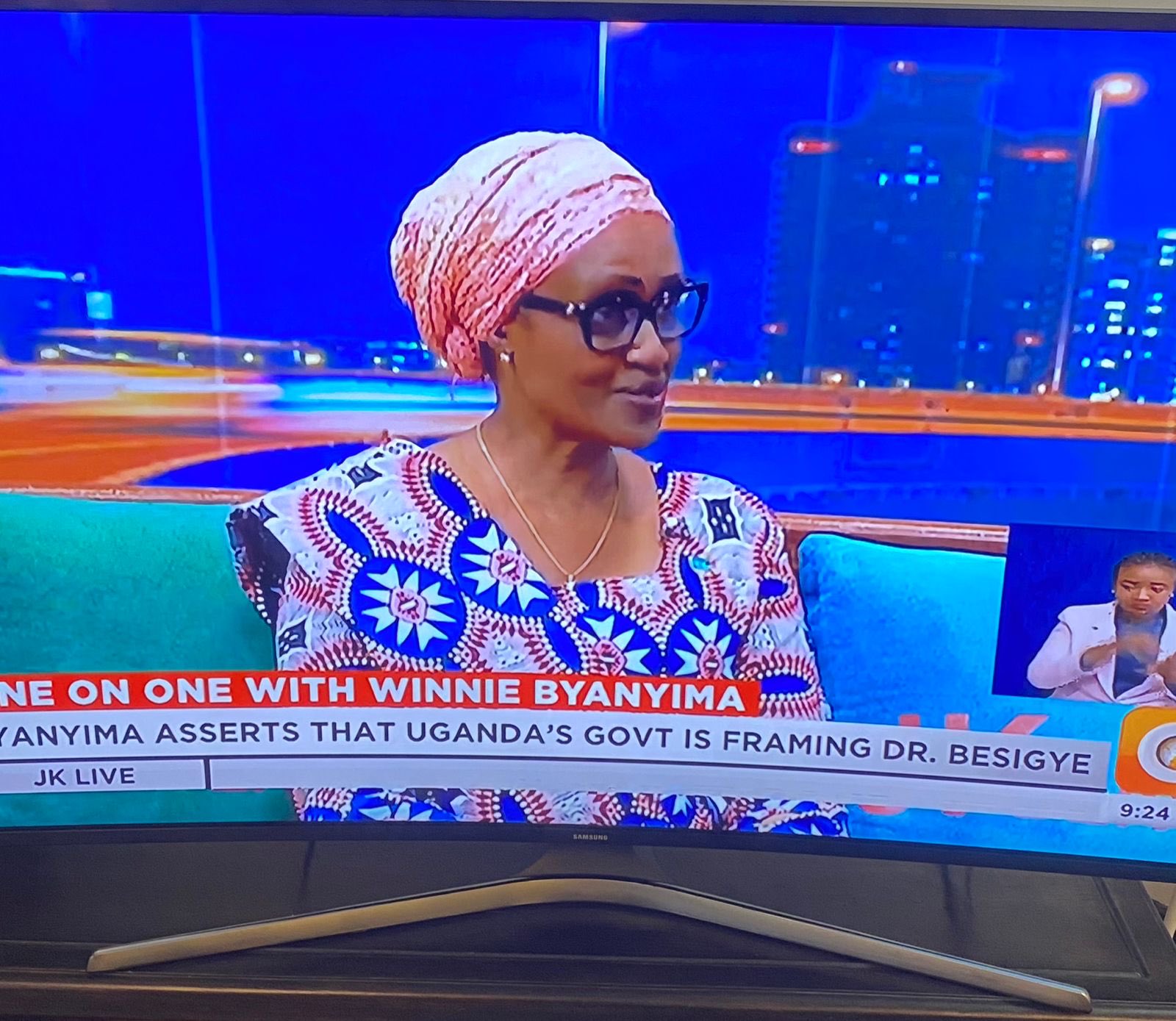KAMPALA, Uganda, Nov. 27, 2024 — The trial of Dr. Kizza Besigye, a prominent opposition leader and civilian, in a military court has ignited a heated constitutional debate in Uganda. Critics argue that the proceedings violate the constitution, which mandates civilian cases be heard in civil courts.
Besigye, a former presidential candidate and vocal government critic, was arrested last week on charges related to alleged incitement and treason. His legal team maintains that the charges are politically motivated and that his trial in a military tribunal is both unjust and illegal.
“Dr. Besigye is a civilian, not a member of the armed forces,” said Isaac Ssemwanga, one of Besigye’s lawyers. “Trying him in a military court contravenes Article 210 of the Constitution, which explicitly limits the military’s jurisdiction to military personnel.”
Civil society groups and opposition figures have rallied to Besigye’s defense, labeling the trial a violation of human rights and judicial overreach.
“This is a clear abuse of the law,” said Norbert Mao, leader of the Democratic Party. “The military court is being used as a tool to silence opposition voices.”
The government has yet to respond to these allegations. Security officials claim Besigye poses a threat to national stability, but have not provided evidence to substantiate the claims.
International human rights organizations are closely monitoring the case. Amnesty International has called for Besigye’s immediate release and urged Ugandan authorities to respect the rule of law.
Besigye, who has faced numerous arrests and charges throughout his political career, maintains his innocence and has vowed to fight the charges. In a statement issued through his legal team, he called the trial a “mockery of justice” and urged Ugandans to resist the “militarization of justice.”
Public demonstrations in support of Besigye are being planned, with calls for the government to transfer the case to a civilian court. For now, the trial continues to polarize opinion, casting a spotlight on Uganda’s judicial independence and democratic principles.

